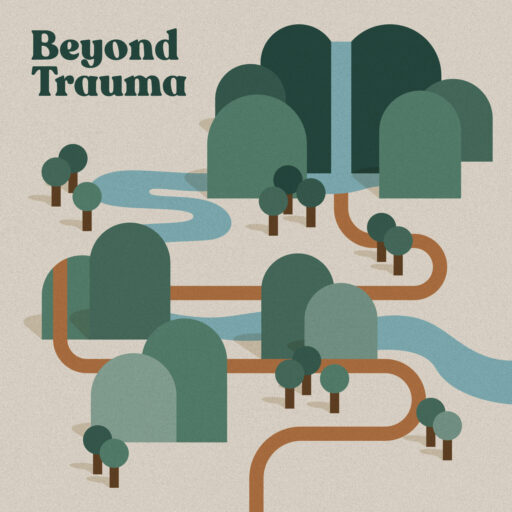Episode 5: Treatment Planning, Diagnosis, and History Taking

In this episode we talk about the intricacies of history taking, diagnosing, treatment planning throughout the therapeutic process.
Topics covered in the episode include:
History Taking:
*Purpose to history taking, assessments, and screening tools.
*Some therapists do this differently. It could be in the format of paperwork: trauma history questionnaire, assessments and screening tools, semi-structured interviews.
*Just because you are asked the questions, it does not mean that you have to disclose that information. You have permission to say “I am not comfortable with that.”
*Beyond Healing Center does not conceptualize history taking in a standard format. We see it as ongoing, evolving, collaborative, and emergent.
Diagnosis:
*All therapists will have a different approach to diagnosis
*There are some setting where it will be mandatory for payment from insurance or the agency requires it
*If you fear that it will prevent you from opportunities in your future, you can request for your diagnosis to not be reported or documented with insurance.
*However, some therapists may not utilize diagnostics codes
*There are pros and cons of diagnosis
*A diagnosis is only a snapshot of that particular moment in time.
Treatment Planning:
*The purpose of treatment planning is to guide the process of treatment and to create an atmosphere of mutual creativity, emergence and hope for the agreed upon goals of your treatment.
*Not all therapists write a physical form of a treatment plan. With this being said, you may not always be given a copy. However, you can always ask for one.
*Also, treatment planning is always collaborative and can change throughout your time together.
*Occasionally, your therapist will do a treatment plan update session with you to discuss the process thus far, reevaluate goals and refine plans for the future. This is also a step that helps you evaluate when you feel complete with this phase or goal of treatment.




No Comments